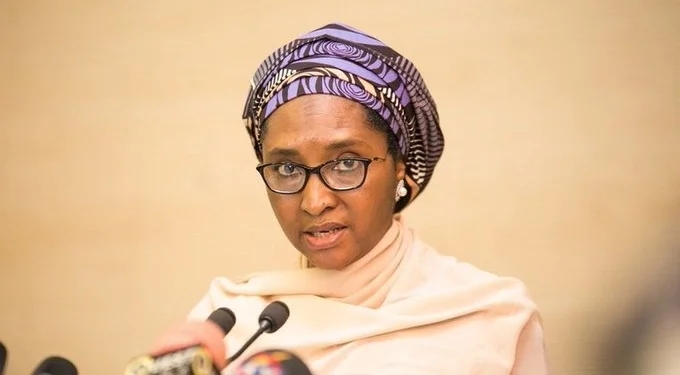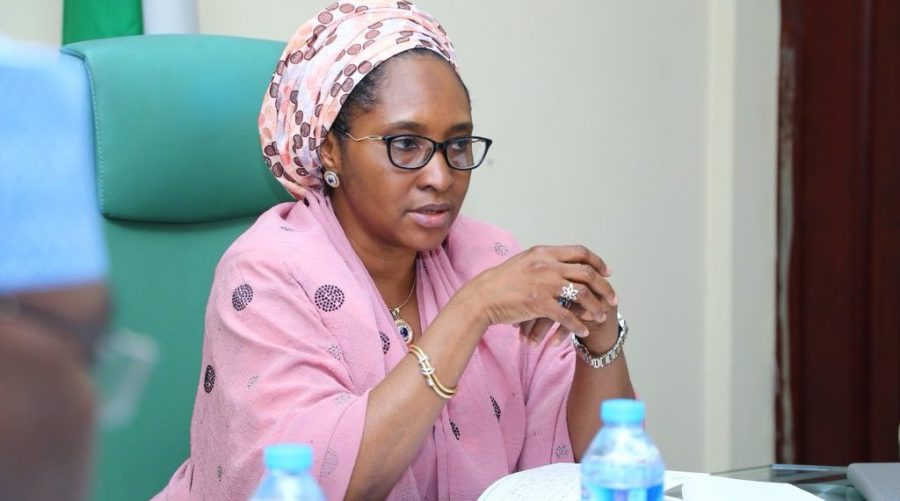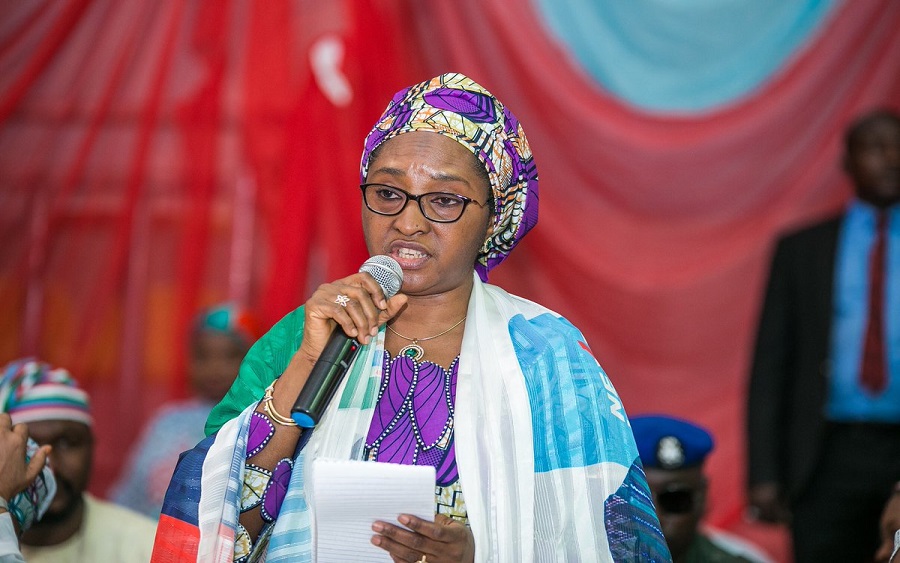The Nigerian Government admitted that it has been asking Money Deposit Banks (MDBs) to consider giving them longer-term financing and larger-size financing.
This was disclosed by Nigeria’s Minister of Finance, Budget and National Planning, Zainab Ahmed at the 36th African Union (AU) Summit in Addis Ababa, Ethiopia on Friday.
The Minister also noted that the cost of finance Nigeria faces is a roadblock, as Nigeria ends up going at a very high cost.
Cost of Finance: Ahmed revealed that Nigeria’starget is to reach the pre-COVID-19 levels but still faces a number of challenges a lot of which are global, but affect locally too, she said:
- ”We have high food prices. Inflation is at a very high rate and still climbing. The Naira also continues to weaken against the dollar, increasing our debt service obligations.
- ”There is also the issue of the cost of financing that we are faced with when we have to go to the market and don’t have any support.
- ”We end up going at a very high cost compared to European countries whose economies are not as strong as ours.”
Longer term: She noted that Nigeria needs financing to invest in critical infrastructure that is required for industrialization, adding that finance was also needed to provide better quality education, she added:
- “We have also been asking Money Deposit Banks (MDBs) to consider giving us longer-term financing and larger-size financing.
- “Most MDBs come with financing that enables us to do pilots, we are tired of pilot projects that take years to roll out, we need scale at this time.
- “Nigeria has shown a lot of resilience as a country but also the people have shown a lot of resilience.
- “And we just need that breakthrough, that supports to enable us to take the full advantage within the continent or the Africa Continental Free Trade Area (AfCFTA).”
Zainab Ahmed said Nigeria needs to close the skill gap in finance and urged others to address the food price problem to maintain a steady GDP growth rate at an average of three per cent in Nigeria.
- “So we need skill in finance and we are also urging countries that are providing support, therefore, to address the high food prices.
- “We don’t need grains to be delivered to our countries. We need to be able to grow the food as well as process it and export these food items across the country.”
What you should know
Nigeria’s public debt stock, which includes external and domestic debt, stood at N44.06 trillion (US$101.91 billion) in Q3 2022, having risen by N1.22 trillion from N42.84 trillion (US$ 103.31 billion) in Q2 2022, reported last month by the National Bureau of Statistics in its Nigerian Domestic & Foreign Debt Q3 2022 report.
The NBS report said that Nigeria’s external debt stood at N17.14 trillion ($39.66 billion) in Q3 2022, while domestic debt was N26.91 trillion ($62.25 billion)





















